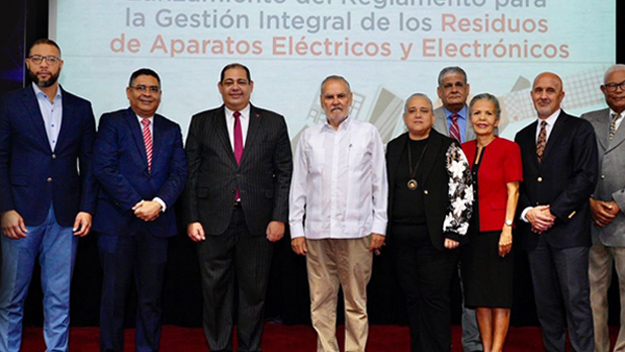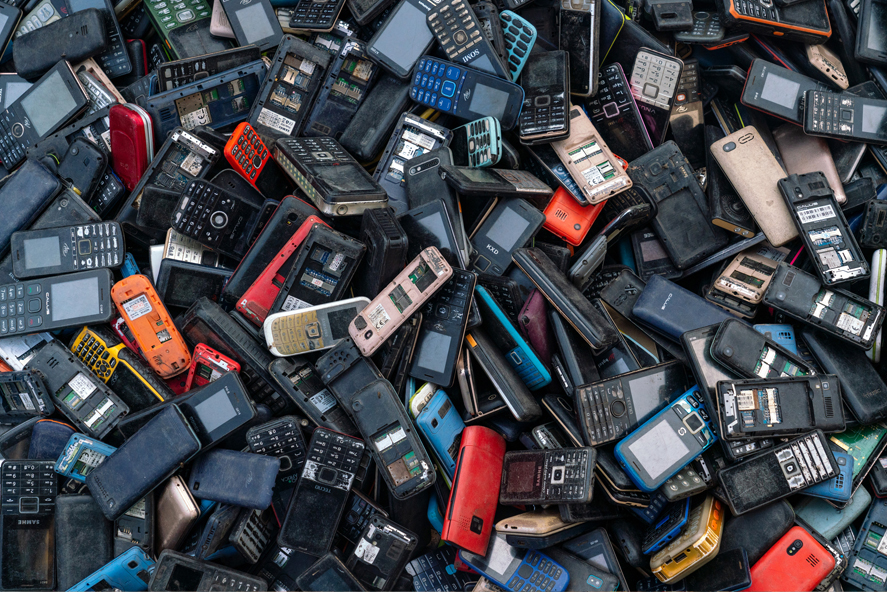
Advancing green digital transformation in the Philippines and Tanzania
The Telecommunication Development Bureau (BDT) of the International Telecommunication Union (ITU) has partnered with the Ministry of Science and ICT (MSIT), Republic of Korea, to advance green digital transformation towards a net-zero digital sector in the Philippines and Tanzania. The two-year project aims to enhance ICT regulators and stakeholders’ skills in data collection, regulation, and target setting.
Around the world, regulation, policy making, and target setting are hindered by lack of regulated tracking and reporting on greenhouse gas emissions and energy use. The project will take the first steps toward closing that gap, drawing on best practices from BDT’s existing work such as the ‘Greening Digital Companies’ report series and the ‘Measuring the Emission & Energy Footprint of the ICT’ report, to provide a robust approach for data collection in the Philippines and Tanzania.

BDT Director signed a project ‘Advancing Green Digital Action Towards a Net-Zero Digital Sector in the Philippines and Tanzania’ with the Ministry of Science and ICT (MSIT) of the Republic of Korea.

Greening Digital Companies – Monitoring emissions and climate commitments series, which tracks emissions and climate commitments in the ICT sector.
A harmonized set of indicators to measure the environmental impact of the ICT sector will be developed through the Expert Group on Telecommunication/ICT Indicators (EGTI) ‘Sub-group on National Greenhouse Gas Emission Monitoring Indicators’.
The two countries will contribute to this group and receive in-depth technical assistance to help them set up national monitoring of their ICT sectors emissions and energy use, and be supported in the drafting of a climate transition plan to help their digital sector become net-zero.
Consequently, the project will help to develop a global, harmonized approach to data, as well as support the development of an e-learning course and guidelines.
Other project activities planned over the next two years, include:
- Development of a national data collection guideline and training materials to harmonize climate monitoring and reporting of the digital sector.
- Training workshops with ICT regulators and relevant national stakeholders.
- Consultations to define targets for ICT-sector decarbonization and drafting of digital net-zero transition plans.
- Sharing of lessons learned during the project.
BDT will share data collected through the project in a global database that will begin development as part of the project, building on the Greening Digital Dashboard.
This is an ITU Development #DigitalImpactUnlocked story
About the project
Project number: 9GLO24148
Project title: Advancing Green Digital Action Towards a Net-Zero Digital Sector in the Philippines and Tanzania
Description: In line with ITU’s Programme of Work on Advancing Green Digital Action Towards a Net-Zero Digital Sector, this project aims to collect data of greenhouse gas (GHG) emissions and energy use within the digital sector from regulators in Philippines and Tanzania and to house this data in a global database centralized by the ITU. The project also aims to provide both countries with capacity building, targeted at ICT regulators and other relevant national stakeholders to enhance their skills and knowledge to improve data collection and to define roles and responsibilities, in terms of data collection, regulatory aspects, licensing and target setting among other topics.
The project will build on ITU’s existing working, in particular, the Greening Digital Companies report and previous research by ITU covering GHG emissions and energy use. The increasing production and use of digital technologies is leading to escalating energy consumption, especially in regions with limited energy resources. At the same time, precise estimates of GHG emissions from the digital sector remain elusive compared to other sectors. Estimates range from 1.5 to 4 per cent of global emissions, similar to the airline industry. In response to these challenges, through a harmonized approach to gathering GHG emissions and energy use data and the deployment of capacity building and technical assistance, it is expected that as a result of the project, both beneficiary countries will have a clear digital net-zero transition plan for ICT sector decarbonization based on comprehensive stakeholder input and comparable and reliable data.
Visit the project page for more details.
Also read

Paraguay aims to develop new e-waste regulations
Discover more

A new national e-waste policy in Malawi
Discover more

Launch of National Regulation for the Integrated Management of Waste Electrical and Electronic Equipment in Dominican Republic
Discover more

Improving Global E-waste Data
Discover more